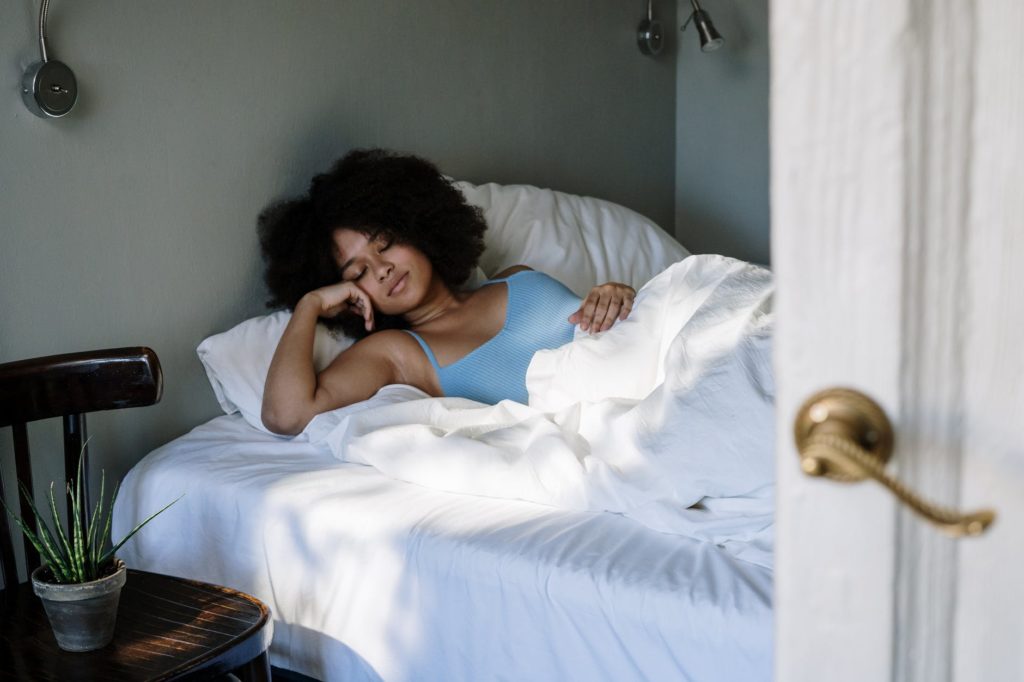It can be extremely frustrating to deal with tossing and turning at night while watching the hours tick by. Eventually when you’re all settled in, the alarm clock starts beeping and it’s time to get up again. This sets the tone for feeling sluggish, disorientated and fatigued for the rest of the day.
Once you begin to outline certain triggers or implement new habits into your nightly routine, it can help tremendously to promote restful sleep and have you feeling sharp and on your A-game again. Here are eight tips to help sleep better at night:
Avoid late-afternoon caffeine
If you’re a coffee enthusiast and love having a hot cup after a long day, this might be the reason you’re struggling to sleep. According to a study by Psychology Today, late-afternoon caffeine can cause problems for your sleep, even if you aren’t aware of it. Caffeine stimulates your nervous system and may stop your body from naturally relaxing at night.
Consistency is key
Being consistent with when you sleep and wake up can help improve your long-term sleep quality. As CBC explains, we can reinforce the circadian rhythm and be prompted to go to sleep at the same time every night, while the outcome is that our bodily functions and cycles begin to operate efficiently, ensuring that our system remains strong and energised.
Relax your mind in the evening
Having a pre-sleep ritual can help you fall asleep faster while contributing to better quality sleep. Some people opt for meditation, reading a book, having a cup of caffeine-free tea or lighting candles.
Limit irregular or long daytime naps
Long daytime naps can negatively affect your sleep. If you choose to nap, limit yourself to up to 30 minutes and avoid doing so late in the day.
Decide when it’s time to see a doctor
When nothing seems to be working, it might be a good idea to seek professional help to rule out any underlying conditions that may be the cause of your sleep problems.
Reduce bright lights
Make sure to keep your sleeping environment as dark as possible. This includes limiting lights from the TV, cell phone or laptop screen. Light, especially blue light exposure can disrupt your body’s natural sleep rhythm and while tricking your brain into thinking it’s still daytime, healthline says.
Soak in a hot bath
A study found that taking a hot bath about 90 minutes before bed could help people fall asleep faster. According to their results, having a bath at the right time with the right temperature helped people to get great quality sleep.
Make sure that you’re comfortable
Ever wondered why you always sleep better on holiday? It’s because the bed and pillows are so comfortable and the atmosphere is relaxing. As healthline explains, one study looked at the benefits of a new mattress for 28 days, revealing that it reduced back pain by 57%, shoulder pain by 60%, back stiffness by 59%, and also improved sleep quality by 60%.
Picture: Pexels

